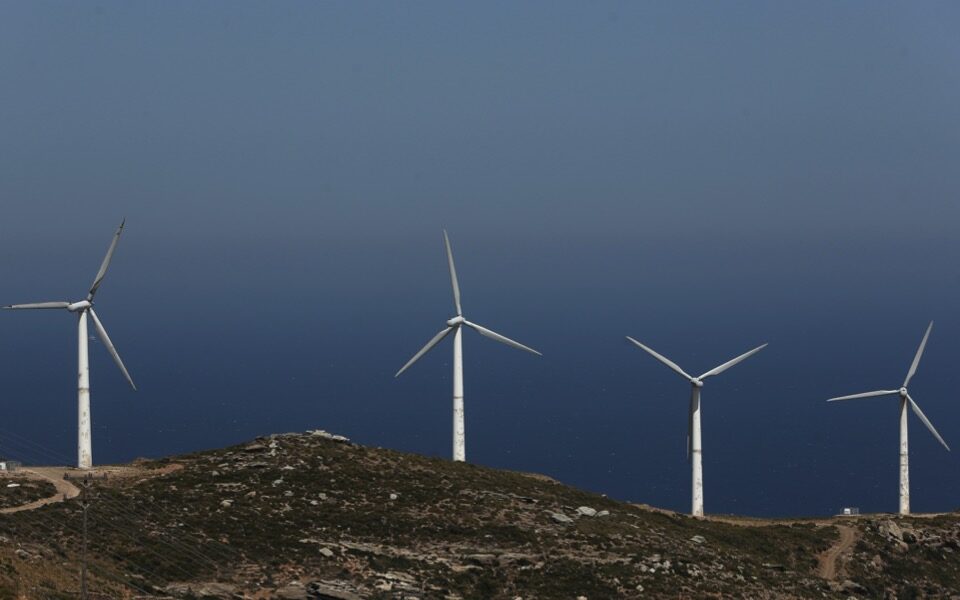RES compensation to shrink

The expectations of producers of power from renewable energy sources for possible compensation against the energy cuts required to ensure the stability of the electrical system were brought back down to earth on Thursday during a speech by Secretary-General for Energy Aristotelis Aivaliotis.
Speaking at the Power & Gas Forum, Aivaliotis estimated that large-scale renewable energy cuts will mainly concern the 2027-2028 period. “We should find a fair, efficient and economical way to manage them. It will disturb the investors, since the yields of the projects will fall, but they should understand that the end of the high yields has arrived,” said Aivaliotis, and in a more polished style added: “As they say in the case of mutual funds, today]s results are no guarantee of future returns.”
The debate on compensation for energy cuts has been informally opened on the occasion of the planning for the increase of grid space which is in progress at the initiative of the Energy Ministry. Green energy cuts and negative prices are a problem for Europe’s electricity systems more broadly due to the high penetration of renewables and the high variability of their generation, as the development of networks and storage lags behind.
The decline in demand has exacerbated the problem, which Europe’s energy regulator (ACER) also highlighted in its recent study on the evolution of the wholesale electricity market in the EU in 2023.
The study records an explosion of negative prices in the EU markets in 2023, as a result of the rapid penetration of RES combined with the reduction in demand. The negative prices are an indication of what will happen to European electricity markets if the glut of planned renewable energy generation is not met by demand shifting, ACER notes.
The hope, according to the European regulator, is that “eventually larger fleets of electric cars, smarter grids and better battery technology will fill the gap, but for now the mismatch is causing more concern to governments and companies than before the crisis.”
According to a new report by ACER, cases of negative prices jumped from 558 in 2022 to 6,470 in 2023.





